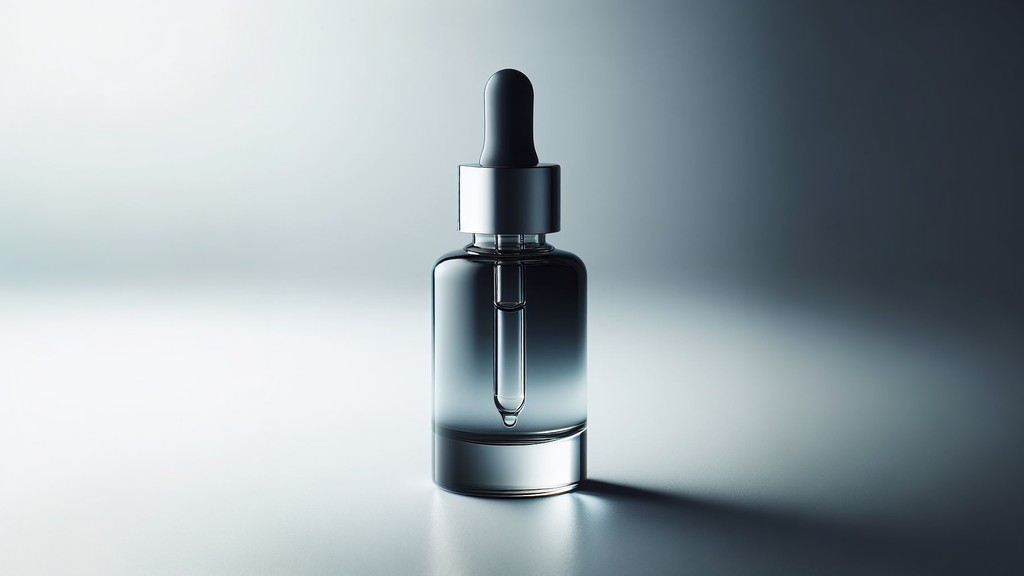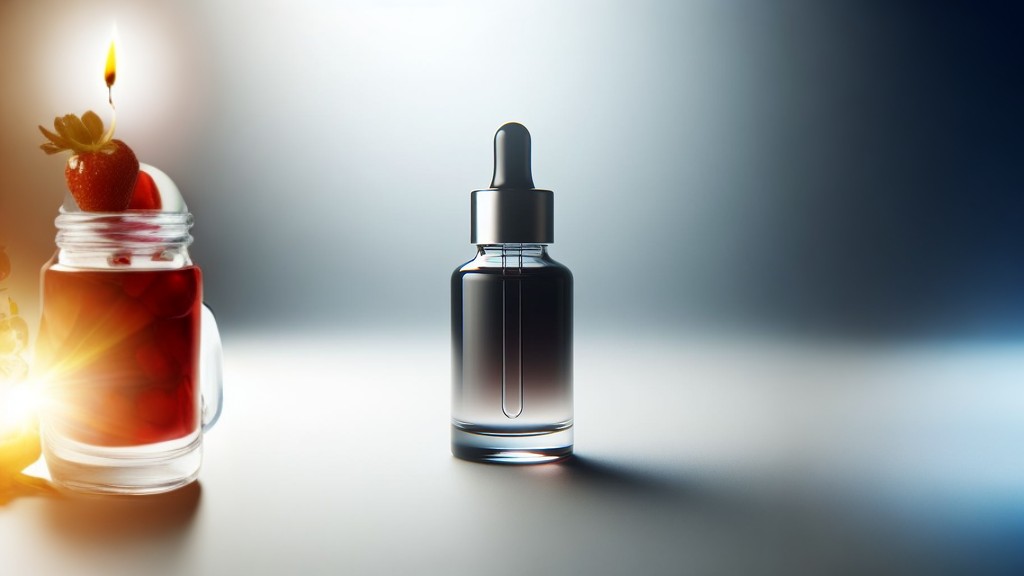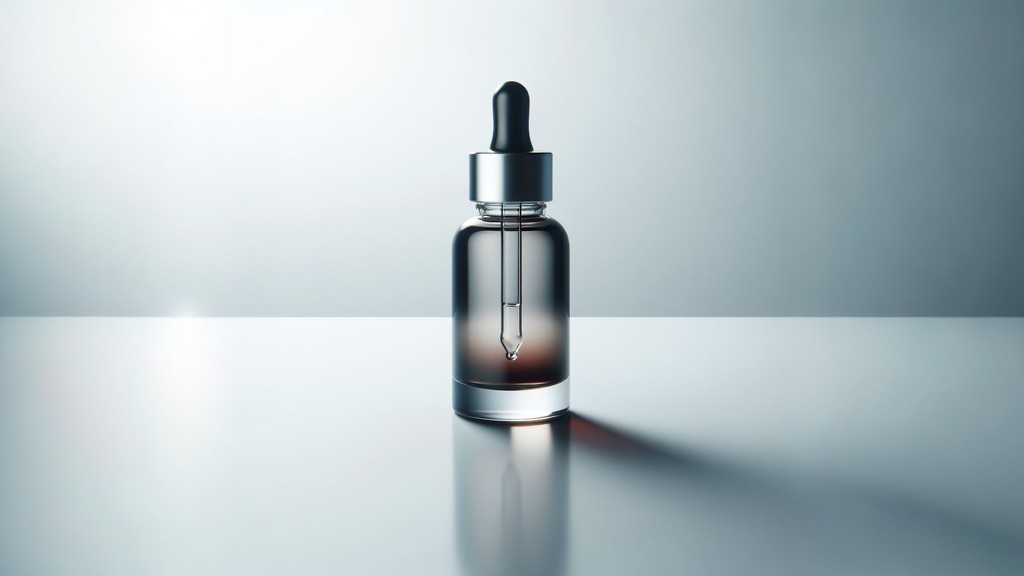Introduction
Dropper bottles, often underestimated in their significance, play a pivotal role across various industries. These small yet powerful containers are designed for precise dispensing, making them essential in applications ranging from pharmaceuticals to beauty products.
Table of Contents

Types of Dropper Bottles
Dropper bottles come in various materials and designs. Glass dropper bottles exude a premium feel, while plastic alternatives offer flexibility and durability. Squeeze dropper bottles, on the other hand, cater to specific dispensing needs.
Common Uses of Dropper Bottles
The versatility of dropper bottles is evident in their usage across different sectors. From medical and pharmaceutical applications to beauty and essential oils, these bottles offer a reliable method for controlled dispensing.
Advantages of Dropper Bottles
One of the key advantages lies in their ability to provide precise dispensing, preventing wastage and ensuring accurate dosage. Additionally, the design of dropper bottles minimizes the risk of contamination and allows users to inspect the contents easily.
Materials Used in Dropper Bottles
Choosing between glass and plastic involves considering factors such as substance compatibility and overall packaging requirements. Each material has its own set of advantages, and understanding them is crucial for making an informed decision.
Design Features
Dropper bottles often come equipped with features like child-resistant caps, tamper-evident seals, and UV protection. These elements not only enhance safety but also prolong the shelf life of the substances stored within.
Choosing the Right Dropper Bottle
Selecting the appropriate dropper bottle involves assessing size requirements and understanding the different types of droppers available. Whether it’s a standard dropper, graduated dropper, or pipette, the choice depends on the specific application.
Manufacturing Processes
The production of dropper bottles involves intricate processes such as injection molding for plastic bottles and glass blowing techniques for glass variants. Rigorous quality control measures are implemented to ensure the highest standards.
Environmental Impact
In the wake of increasing environmental consciousness, the recyclability of dropper bottles is a crucial consideration. Furthermore, the emergence of sustainable packaging options reflects the industry’s commitment to eco-friendly practices.
Regulations and Compliance
Dropper bottles in pharmaceutical and cosmetic industries must adhere to strict guidelines. Understanding FDA regulations for pharmaceutical dropper bottles and compliance with cosmetic industry standards is imperative for manufacturers.
Tips for Proper Use and Maintenance
Proper maintenance of dropper bottles involves regular cleaning and sterilization. Understanding storage recommendations helps preserve the quality of the substances stored within, ensuring longevity.

Innovations in Dropper Bottle Technology
The industry is witnessing innovations such as smart dropper bottles that provide real-time information about usage. Additionally, customization options cater to brands seeking a unique and distinctive packaging solution.
Case Studies
Examining successful applications of dropper bottles in specific industries and featuring user testimonials highlights their practicality and effectiveness.
Future Trends in Dropper Bottles
As technology advances and market demands evolve, dropper are expected to integrate seamlessly into e-commerce packaging. Emerging trends suggest a growing need for convenient and efficient dispensing solutions.
Choose the Right Material
Selecting between glass and plastic dropper depends on your specific needs. Glass provides a premium feel and is ideal for substances sensitive to light, while plastic offers durability and flexibility.
Understand Substance Compatibility
Different substances may react with the material of the dropper bottle. Ensure compatibility to prevent deterioration of the bottle or contamination of the contents.
Proper Cleaning and Sterilization
Regularly clean and sterilize dropper to maintain hygiene. Use appropriate cleaning agents and ensure thorough drying before refilling.
Storage Recommendations
Pay attention to storage conditions. Some substances may require a cool, dark environment, while others may need refrigeration. Adhering to recommended storage conditions preserves the quality of the contents.
Dropper Types Matter
Understand the various dropper types, including standard, graduated, and pipette droppers. Choose the type that best suits your application for accurate dispensing.
Size Considerations
Select the right size of dropper for your needs. Consider the volume of the substance and the frequency of use to avoid unnecessary refills or wasted product.
Inspect for Tamper-Evident Seals
Ensure that dropper come equipped with tamper-evident seals. This feature guarantees the integrity of the product and instills confidence in the end user.
UV Protection for Light-Sensitive Substances
If dealing with light-sensitive substances, opt for dropper with UV protection. This feature prevents the degradation of contents caused by exposure to light.
Child-Resistant Caps for Safety
In applications involving potentially harmful substances, choose dropper with child-resistant caps. This adds an extra layer of safety, especially in households with young children.
Regular Quality Control Checks
Implement a robust quality control process during manufacturing. Regularly check for any defects, irregularities, or issues that could compromise the functionality of the dropper bottle.
Conclusion
In conclusion, dropper are indispensable in a wide array of industries, offering precise dispensing, contamination prevention, and visibility of contents. Their adaptability, coupled with continuous innovations, makes them a staple in modern packaging solutions.

FAQs
- Are dropper recyclable?
- Dropper, particularly those made of glass, are recyclable. It is imperative to verify the recycling regulations in your area, though.
- Can I use plastic dropper for essential oils?
- Plastic dropper can be suitable for essential oils, but it’s crucial to ensure compatibility and prevent potential reactions.
- Do dropper come in different sizes?
- Yes, dropper are available in various sizes to cater to different volume requirements.
- What is a graduated dropper, and when should it be used?
- A graduated dropper has measurement markings, allowing for precise dosing. It is commonly used in pharmaceutical and scientific applications.
- Are there any regulations for cosmetic dropper?
- Yes, cosmetic dropper must comply with industry standards, ensuring the safety and integrity of the contained products.
Pingback: Personalized Water Bottles: Adding a Touch of You to Hydration With 5 FAQs